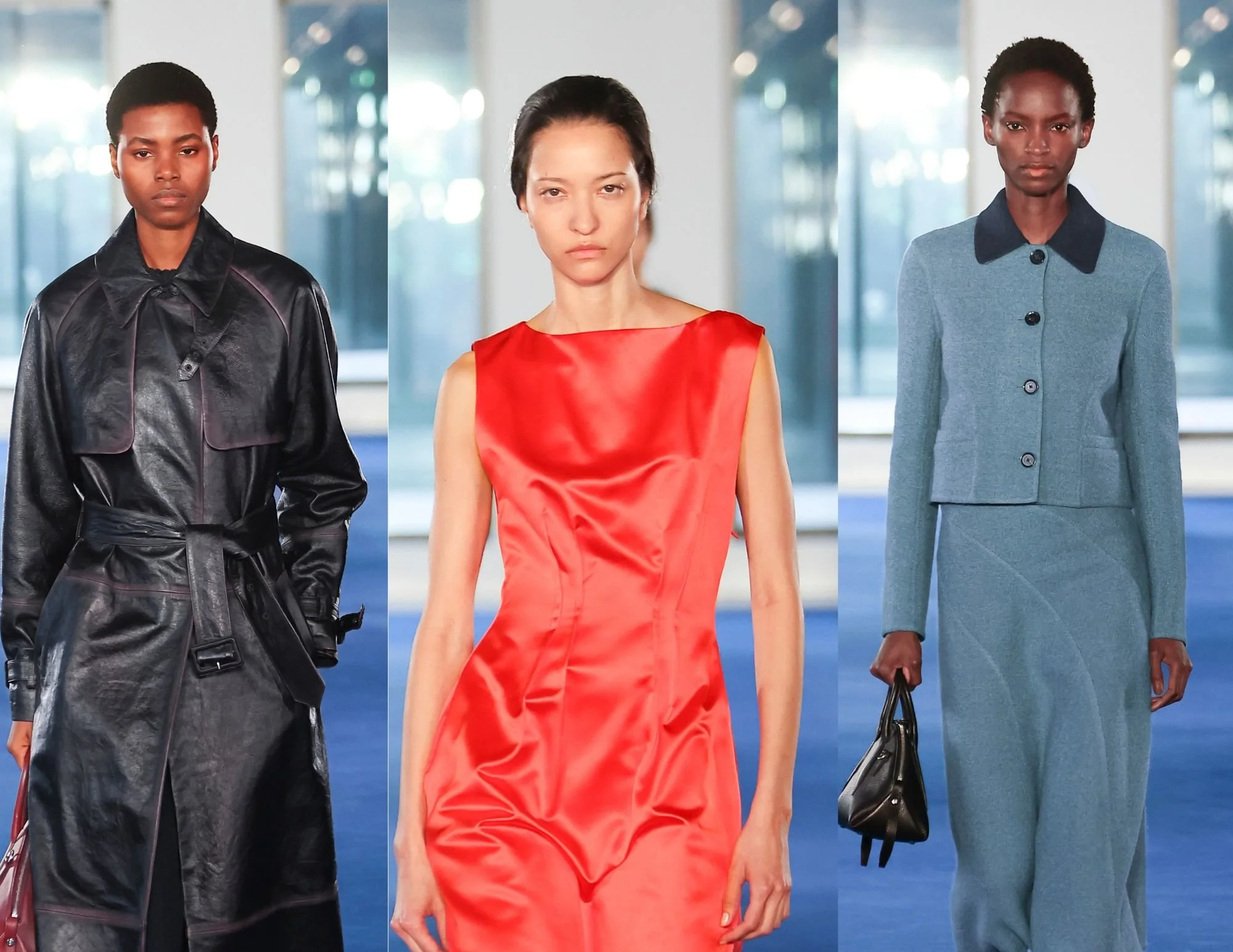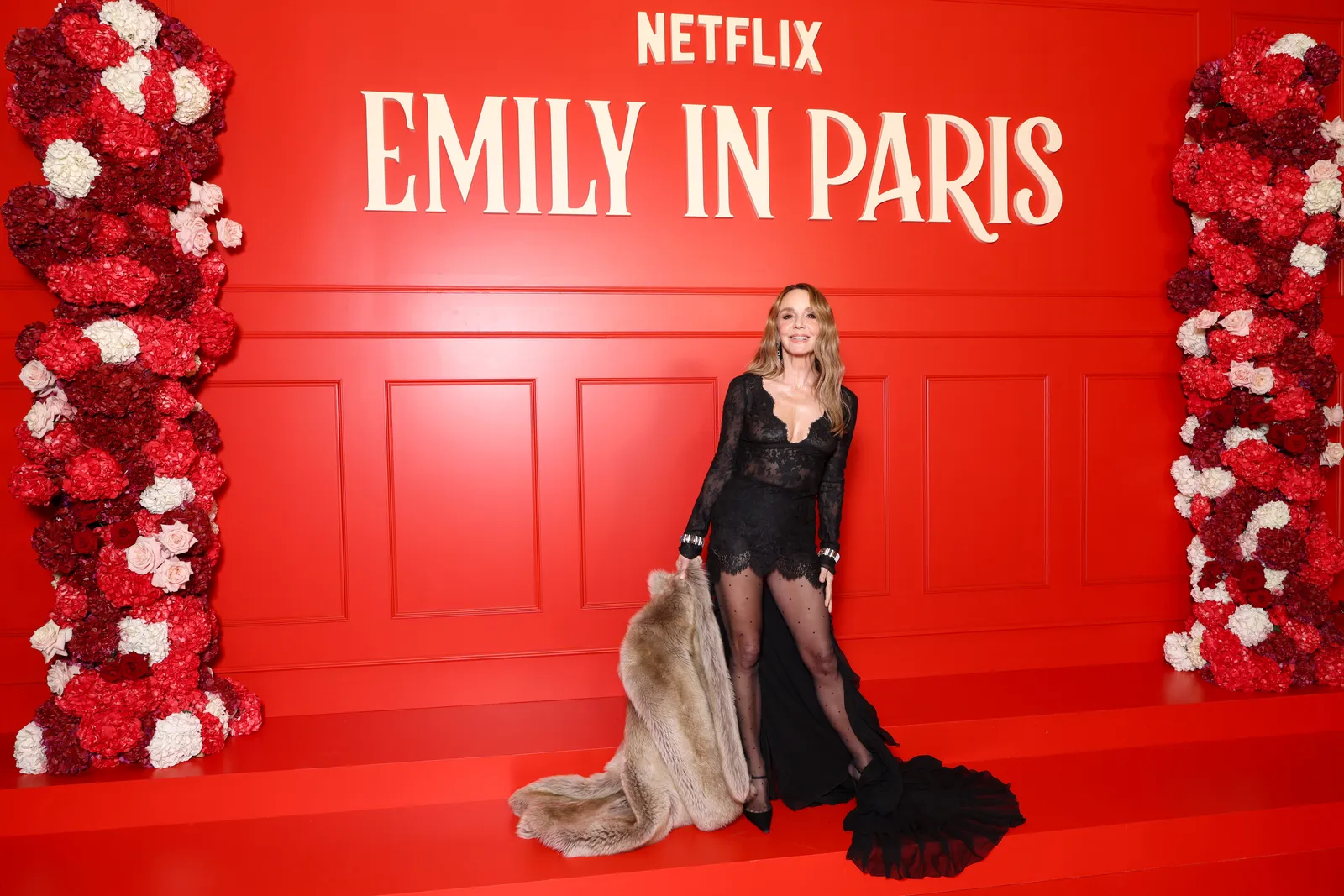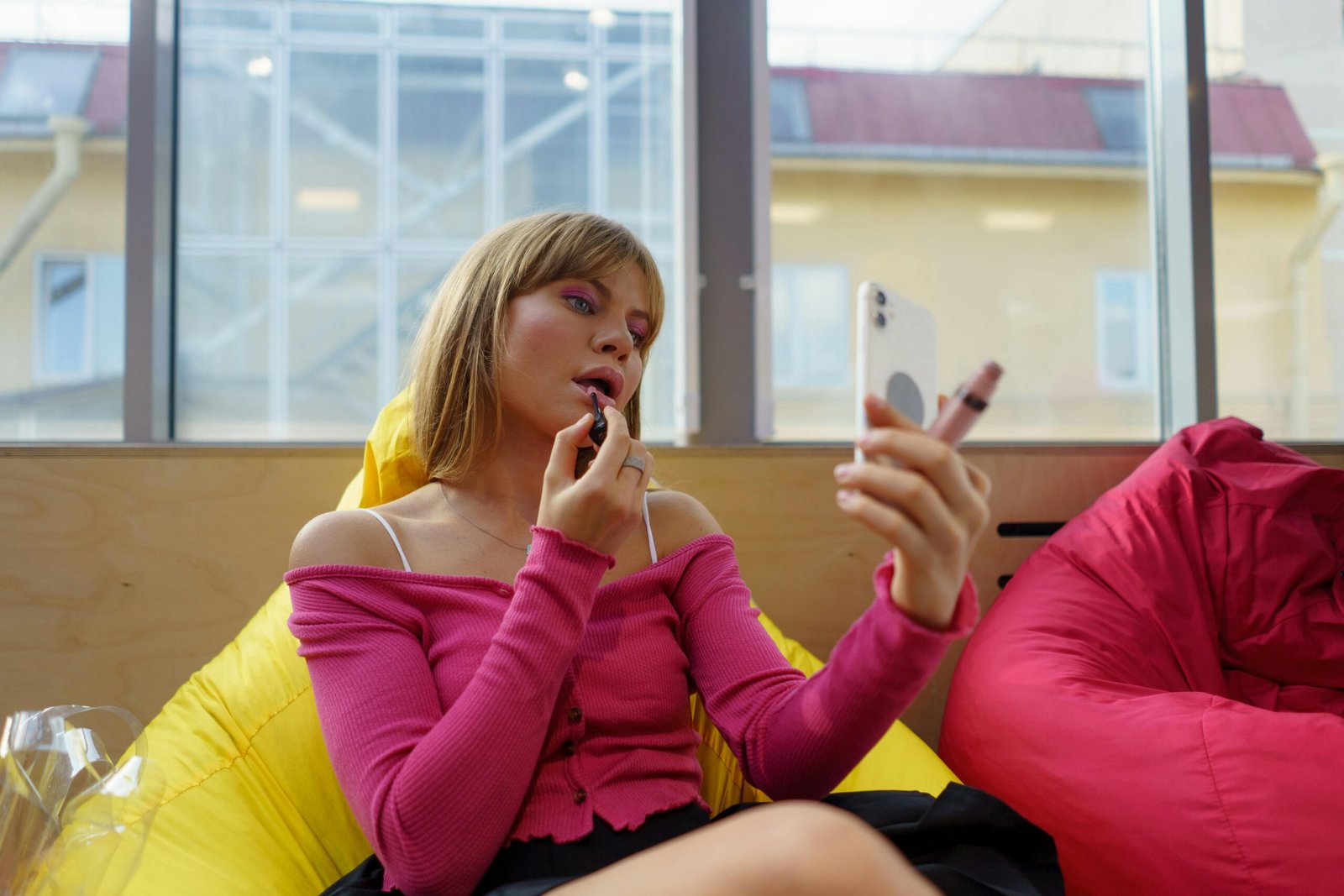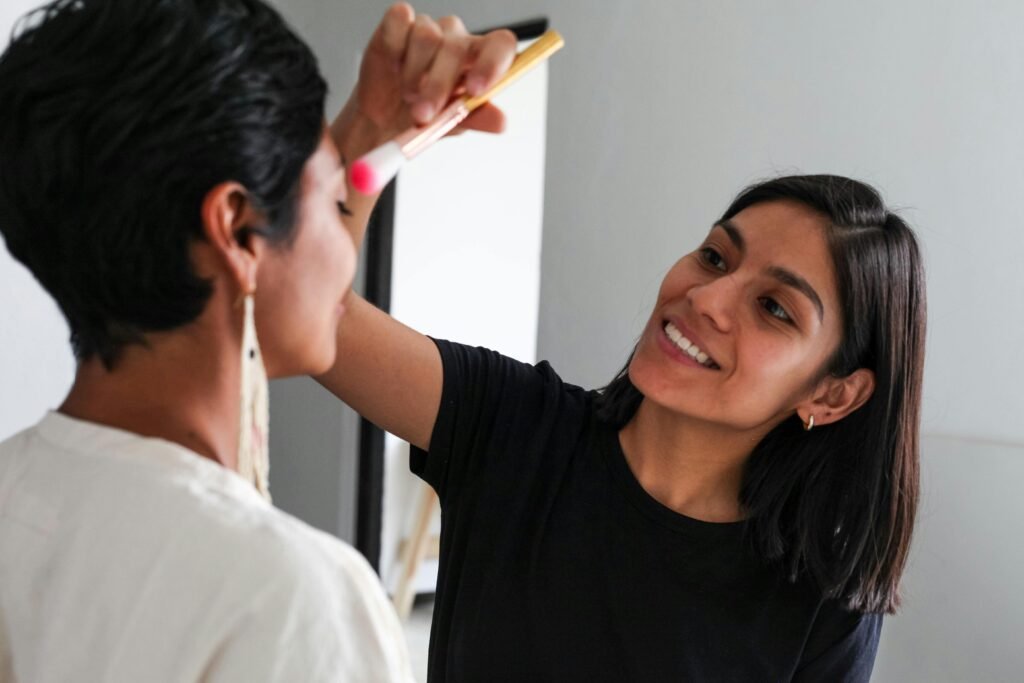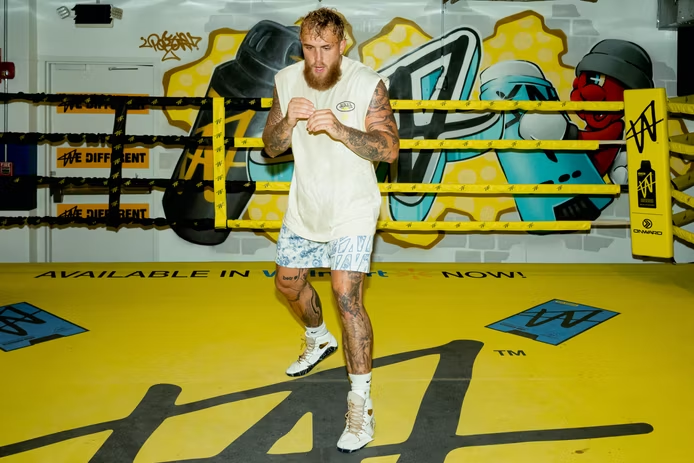How Amit Jhalani dismantled an industry built on opacity, and built a brand that feels like midnight, moves like culture, and prices like it actually respects you.
The Jewelry Industry Has a Dirty Secret
Here is something the fine jewelry world doesn’t want you to think about too carefully: the moment you walk out of most jewelry stores, you’ve already lost up to 90% of what you just paid. Ninety percent. Let that number breathe for a second. When you drive a new car off the lot, the common wisdom says you lose 25 to 35 percent of its value. That sting is well-known, almost a cultural punchline. But jewelry? The depreciation is so extreme, so deliberately hidden behind velvet curtains and champagne flutes, that most consumers never even realize it happened until they try to resell. By then, the shock is personal.
This is the world Amit Jhalani stepped into, not as an outsider lobbing criticism from the cheap seats, but as someone who understood the mechanics from the inside. His education didn’t come from business school case studies. It came from doing something deceptively simple: he started buying competitors’ finished pieces, bringing them back to his bench, and breaking them down to their raw components. Every setting dismantled. Every stone was weighed. Every gram of gold was measured against what the customer had been charged.
What he found wasn’t just a generous markup. It was an architecture of exploitation, engineered with surgical precision to extract maximum dollars based on two variables that have absolutely nothing to do with craftsmanship, design, or material quality: how the customer looks, and how much they appear willing to spend. Walk into certain stores wearing a designer watch and driving a German sedan, and the number on the tag adjusts itself accordingly, not because the product changed, but because the perception of your wallet did.
That revelation didn’t just inform a business model. It ignited one.
Anatomy of a Rip-Off
The fat in the jewelry industry isn’t subtle, it’s systemic. Consider lab-grown diamonds, which have become one of the market’s most telling case studies in the gap between cost and price. A lab-grown diamond that costs a manufacturer roughly $50 to $200 per carat routinely hits retail shelves at $1,000 per carat or more. That’s not a healthy margin. That’s a five-to-ten-times multiplier dressed up in marketing language about “ethical luxury” and “sustainable brilliance.” The stone is real. The science is real. The price? That’s theater.
And the theater extends far beyond diamonds. Jhalani saw it clearly once the components were on the table. The gold content in many pieces didn’t justify the number. The stones didn’t justify the number. The design work, however skilled, didn’t come close to justifying the number. What justified the number was everything around the product: the lighting, the sales associate’s practiced warmth, the way your partner’s eyes lit up across the display case, and most insidiously, the snap judgment about your budget based on the watch on your wrist, the handbag on your arm, or the car you pulled up in. The jewelry industry, at its worst, is a profiling operation with a very expensive gift bag.

From the Emerald Rings Collection to the Sapphire Collection, every piece carries weight in grams and in meaning.
The practice is so deeply embedded that most people in the trade don’t even question it. Margins of 800%, 1,000%, and even higher are defended as “industry standard.” The customer, wrapped in the emotion of the purchase, rarely pushes back. And the ones who do? They’re steered toward “entry-level” pieces that still carry the same inflated mathematics, just with smaller numbers. The game stays the same regardless of the price point.
“When I saw what was inside versus what was on the receipt,” Jhalani has said, “I couldn’t unsee it. And I couldn’t keep selling the lie.”
Born After Dark: The TrueSanity Vibe
TrueSanity.com didn’t arrive with a pastel palette and a polite press release. It showed up at midnight, dressed in black, with a manifesto.
The brand’s nocturnal aesthetic is intentional and unapologetic. Dark, moody, steeped in the visual language of nightlife and after-hours culture, TrueSanity looks and feels like the kind of brand that was conceived at 2 a.m. when the filters come off, and only the truth remains. The website isn’t just a storefront; it’s an atmosphere. The photography leans cinematic. The palette runs deep- blacks, charcoals, the occasional flash of gold that catches light the way a ring catches your eye across a crowded room. Every touchpoint communicates something that most jewelry brands are terrified to project: edge.
This isn’t accidental branding. It’s a declaration. In a market saturated with soft pinks, serif fonts, and imagery of women laughing in sunlit meadows, TrueSanity chose darkness – not as a gimmick, but as a frequency. The nocturnal vibe speaks to the person who thinks differently after midnight, who trusts the version of themselves that exists when the performance of daytime falls away. It’s aspirational without being pretentious. It’s seductive without being hollow.
But beneath the aesthetic is something far more radical: the Transparency Manifest. TrueSanity doesn’t just sell jewelry, it publishes what goes into it. The brand has staked its identity on the principle that customers deserve to know exactly what they’re paying for, down to the material costs, the labor, and the margin. In an industry where opacity isn’t a flaw but the actual business model, this level of openness isn’t just refreshing. It’s confrontational. It’s a dare. The same ethos extends to sourcing: TrueSanity uses recycled gold, Kimberley Process-certified diamonds, and maintains direct supply chain relationships. You can read about their commitment to ethical sourcing and sustainability in full on their website.
The Transparency Manifest is TrueSanity’s line in the sand. It says: we are not hiding anything because we don’t need to. The product speaks. The price is honest. If that makes competitors uncomfortable, good. Discomfort is the first sign that something needs to change.
Luxury Without the Lie
Here is where TrueSanity’s positioning becomes genuinely interesting, and where lesser brands would have fumbled: the company refuses to compete on price. That might sound contradictory for a brand built on exposing industry markups, but it’s actually the sharpest strategic decision Jhalani has made. A price war is a race to the bottom, and the bottom is where quality, craftsmanship, and meaning go to die. TrueSanity isn’t trying to be the cheapest option on the shelf. It’s trying to be the most honest one.
The difference matters. Cheap jewelry tells the world you settled. Honest jewelry tells the world you chose wisely. TrueSanity occupies a space very few brands have managed to claim: genuinely luxurious, emotionally resonant, and financially sane. The pieces are designed to carry weight, not just in grams, but in meaning. This is jewelry for the proposal that makes your hands shake. For the anniversary that almost didn’t happen. For the moment, you decide to stop waiting for permission and buy yourself something extraordinary simply because you’ve earned it.
 From the Morganite Rings Collection to Black Diamonds, every piece carries weight in grams and in meaning.
From the Morganite Rings Collection to Black Diamonds, every piece carries weight in grams and in meaning.
TrueSanity understands something fundamental that traditional luxury houses have spent decades trying to obscure: luxury, at its core, is emotional. It’s the feeling. It’s the story. It’s the crazy, passionate love that makes you do irrational things, except that with TrueSanity, the price isn’t one of them. You get to keep the magic and lose the manipulation. That’s not a compromise. That’s an upgrade. Whether you’re drawn to the bold, rule-breaking energy of the Insanity Collection or the timeless refinement of True Classics, the range speaks for itself. Explore the full TrueSanity collections and see what honest luxury actually looks like.
The brand doesn’t whisper. It doesn’t beg you to believe it’s worth your attention. It walks into the room with the quiet confidence of someone who has nothing to prove and nothing to hide. That energy part defiance, part devotion, is what’s turning TrueSanity from a jewelry company into a cultural signal.
A Following, Not Just a Customer Base
Brands talk endlessly about “community.” Most of them mean an email list with a 12% open rate. TrueSanity is building something different: a following united by a shared frustration with being overcharged and underestimated, and a shared appetite for beauty that doesn’t require a second mortgage or a crisis of conscience.
The audience TrueSanity attracts isn’t bargain-hunting. These are taste-driven, style-conscious consumers who have simply decided that being smart with money and wanting beautiful things are not mutually exclusive propositions. They’re the couple who researches before they buy. They’re the self-made professional who knows the difference between cost and value. They’re the person who Googled “why is jewelry so expensive” at 1 a.m. and ended up on TrueSanity’s site, reading the Transparency Manifest with widening eyes, and thinking: finally, someone said it.
That’s the nocturnal vibe in action. TrueSanity finds its people in the quiet hours, when the noise of the marketplace dies down, and the questions get real. It’s a brand built for the wide-awake for people who refuse to sleepwalk through the biggest purchases of their lives.
The Bottom Line That Isn’t About the Bottom Line
The conventional jewelry industry operates on a simple, cynical bet: that emotion will override reason. The significance of the moment the engagement, the milestone, the declaration of love, will make you stop asking questions about the number on the tag. For decades, that bet has paid off beautifully for insiders and painfully for everyone else.
TrueSanity’s wager is the opposite: that you can honor the emotion and respect the intelligence of the person feeling it. That luxury and transparency are not enemies but natural allies. That a brand can be dark, moody, and dripping with atmosphere while also being the most honest transaction you’ve ever had. That crazy love and clear thinking can coexist in the same purchase.
Amit Jhalani didn’t set out to burn the jewelry industry down. He set out to build something that made the old way look absurd by comparison. With TrueSanity, the absurdity is becoming impossible to ignore. The old guard can keep profiling customers, inflating margins, and hoping nobody does the math. But somebody did. And now, everybody can.
The lights are on. The manifest is public. The vibe is midnight.
And the jewelry? It’s exactly what it should be: beautiful, real, and honestly priced. Welcome to True Sanity.
TrueSanity.com
Read the Transparency Manifest • Explore Collections • Shop Engagement Rings


 Health5 years ago
Health5 years ago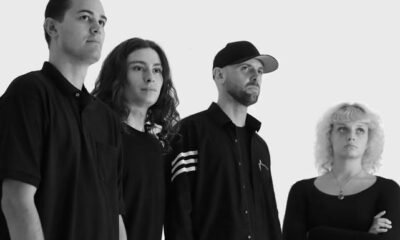
 Health4 years ago
Health4 years ago
 Health4 years ago
Health4 years ago
 Fashion5 years ago
Fashion5 years ago
 Fashion4 years ago
Fashion4 years ago
 Fashion9 years ago
Fashion9 years ago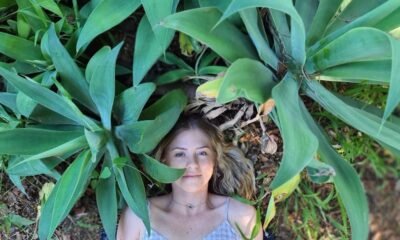
 Health5 years ago
Health5 years ago
 Health5 years ago
Health5 years ago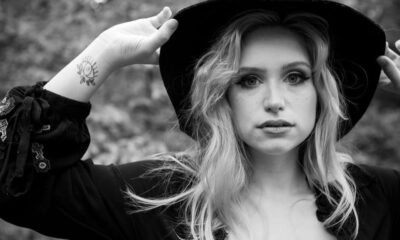
 Health5 years ago
Health5 years ago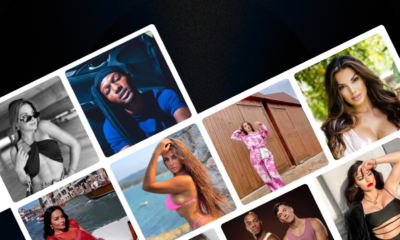
 Health4 years ago
Health4 years ago
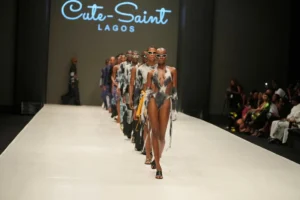
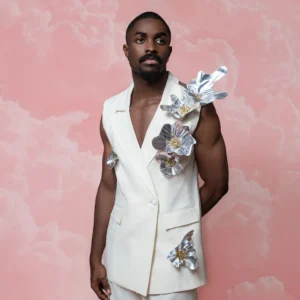
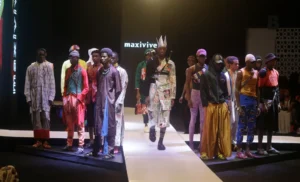


 From the
From the 